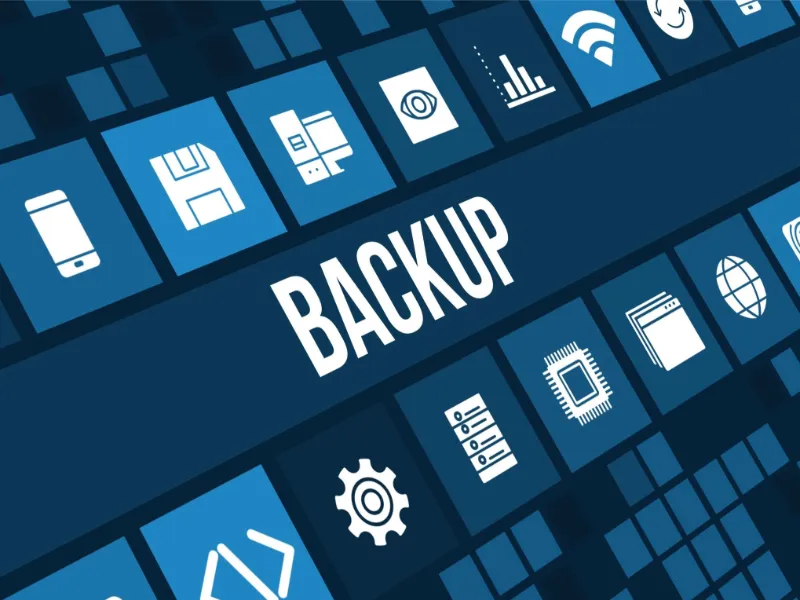- Cellular backups uses cellular networks, such as 4G or 5G, as a secondary connection method when the primary network becomes unavailable.
- Cellular networks are known for their reliability and extensive coverage, making them a dependable backup option.
Cellular backup acts as a secondary connection method using cellular networks like 4G or 5G when the primary network stops working. Cellular networks are known for reliability and wide coverage which makes them a dependable backup option. People now rely more on technology so unexpected internet disruptions leave them disconnected from vital systems like security tools and communication platforms. Cellular backup has become a reliable solution to ensure connectivity even during network outages. This piece explains what cellular backup is how it’s used and why it matters for keeping connectivity in critical situations.
What Is Cellular Data Backup?
Cellular backup is a technology that gives an alternate connection way when the primary internet connection fails it uses cellular networks like 3G, 4G or 5G as a secondary option when the primary network—usually wired broadband or Wi-Fi—is unavailable. This redundancy keeps essential services and devices working without pause even during power outages or network breakdowns.
Also read: 7 factors that influence cloud backup costs
How Is Cellular Data Backup Used?
For home security setups cellular backups help maintain connectivity between security cameras, alarms and monitoring services and these systems switch to cellular connectivity when there’s a network outage or tampering to keep protection going.
In business settings many companies need uninterrupted internet access for daily operations like serving customers and processing transactions. Cellular backup is essential for keeping business continuity and lets these companies keep working even when primary network connections go down.
For emergency services public safety organisations and first responders depend on reliable communication networks. Cellular backup makes sure these teams stay connected during disasters, accidents or other urgent events.
With telehealth services growing more common cellular backups let healthcare professionals keep doing video consultations and access patient records even if their primary internet connection fails.
In industries like energy, agriculture and utilities remote monitoring systems are widely used. Cellular backups guarantee uninterrupted data transmission for these systems and let companies keep an eye on equipment and operations from a distance.
Also read: What storage and backup solutions are the most popular?
Why Is Cellular Backup Important?
When it comes to reliability cellular networks are known for consistent performance and wide coverage which makes them a dependable backup option and they are less affected by localised outages from storms or infrastructure issues.
For redundancy cellular backup provides an extra network connection which lowers the risk of downtime and keeps critical services and devices working.
In terms of security cellular backup is more secure than traditional wired connections in some cases because it is less likely to face physical tampering or hacking.
For peace of mind cellular backups offer reassurance whether it’s making sure homes are safe keeping businesses running or ensuring essential services are available—they keep connectivity intact during network disruptions.
For scalability cellular backup solutions can grow and adapt to different environments and needs which makes them suitable for both residential use like home security and commercial use like factory monitoring.
Cellular backup is a valuable technology that plays a key role in keeping connectivity in critical situations it safeguards homes supports business operations and enables emergency services all by keeping essential services and devices online when primary internet connections fail.

